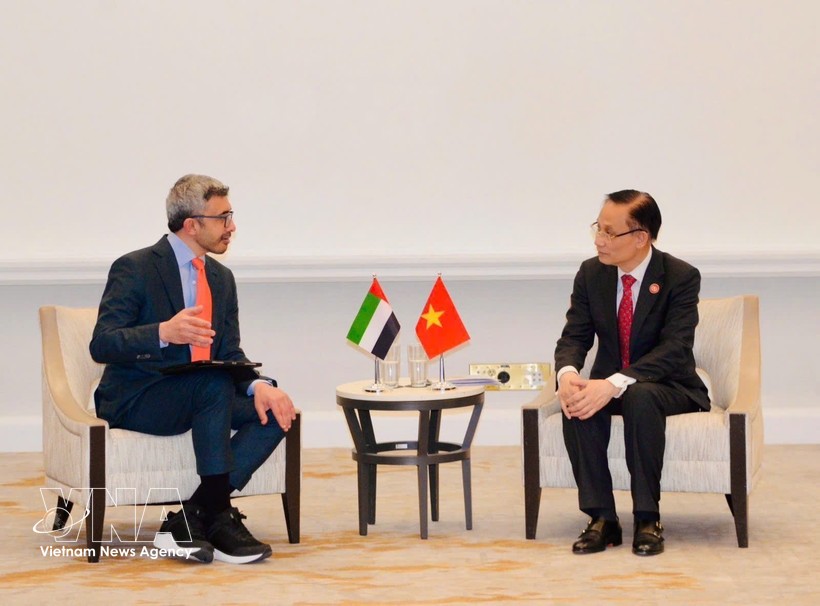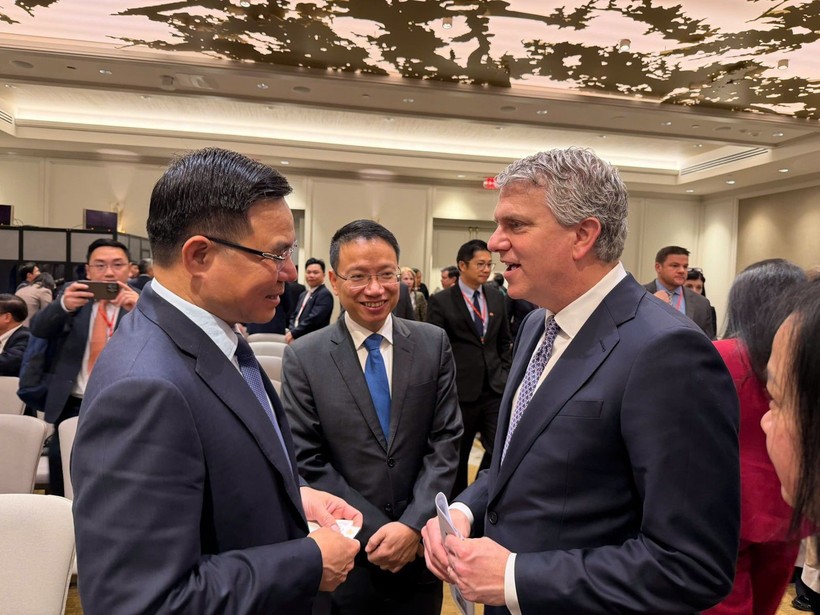Vietnam’s Market Upgrade Signals New Wave of Foreign Capital Inflows
| Vietnam: Making Effective Use of Aid for Sustainable Development | |
| Vietnam Forecast to Lead East Asia-Pacific in GDP Growth This Year |
Immediately after the announcement, major international news outlets such as Reuters, AFP, Financial Times, Bloomberg, Business Times, Channel News Asia, and Nikkei Asia simultaneously reported the development, describing it as “the strongest signal yet” of Vietnam’s rising position on the global financial map.
Milestone Reinforcing Global Investor Confidence
Reuters noted that the upgrade will help eliminate various technical obstacles - a factor that has so far deterred passive funds from entering Vietnam’s stock market. Analysts forecast that large-scale international capital inflows will soon be activated.
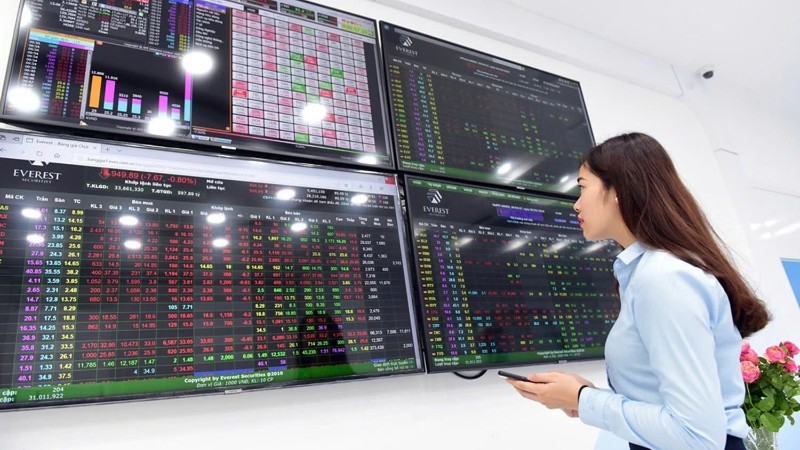 |
| Securities companies have made several optimistic forecasts about the outlook of Vietnam’s stock market in the coming period. (Photo: Trong Hieu/Nhan Dan Newspaper) |
FTSE Russell estimated that portfolio reallocations could amount to USD 6 billion, while HSBC Global Investment Research projected that Vietnam could attract USD 3.4 billion from active funds and USD 10.4 billion from passive funds.
The World Bank (WB) assessed that total short-term capital inflows before and after the upgrade could reach around USD 5 billion. In the long term, investment inflows could rise to USD 25 billion by 2030, provided that Vietnam continues its strong reform momentum and maintains macroeconomic stability.
The Business Times quoted Tyler Nguyen, Chief Strategist at HSC Securities, as saying that the scale of the new capital inflows would be “enough to reverse the prolonged foreign net selling trend, opening a new growth cycle for Vietnam’s stock market.”
In its October 8 report, Channel News Asia affirmed that FTSE Russell’s recognition of Vietnam as a secondary emerging market reflects not only institutional and infrastructural improvements but also Vietnam’s confidence and determination to integrate more deeply into the global financial system.
Channel News Asia cited Wanming Du, Asia-Pacific Index Policy Director at FTSE Russell, as saying that the upgrade represents a positive structural factor, reflecting Vietnam’s progress in market liberalization, liquidity improvement, and increased participation from international institutions.
Gary Harron, Head of Securities Services at HSBC Vietnam, emphasized that this advancement would reduce capital-raising costs while expanding Vietnamese enterprises’ access to global financial resources.
According to Harron, the removal of the “frontier market” label could reshape international investor confidence and help Vietnam reduce its dependence on individual trading partners.
At the regional level, Suvir Loomba, Head of Securities Services for Asia at HSBC, remarked: “Vietnam - an emerging export powerhouse, has demonstrated strong resilience to short-term trade fluctuations.”
Growth Momentum Balanced by Cautious Outlook
Reuters reported that the VN-Index has surged 33% since the beginning of 2025, making Vietnam the best-performing market in Southeast Asia. However, the rapid rise has also triggered a wave of profit-taking among foreign investors.
As Vietnam enters the group of emerging markets, it will face fiercer competition in attracting foreign capital and will need to share market share with more mature economies. Vietnam currently accounts for about 32% of the weighting in FTSE’s frontier market index, a proportion expected to decline after the upgrade.
Commenting on the future of Vietnam’s stock market, the Financial Times wrote that the upgrade marks only the first milestone in Vietnam’s broader strategy to expand the scale and depth of its capital market. The next goal is to join MSCI’s emerging markets group, which attracts significantly larger global investment volumes.
Currently, MSCI still classifies Vietnam as a “frontier market,” citing remaining technical barriers such as foreign ownership limits (FOL) and insufficient trading transparency. Vietnam has approved a roadmap to meet FTSE standards by 2025 and MSCI standards by 2030, alongside a series of legal reforms to align with international criteria.
Across numerous international media reports, experts have concurred that FTSE Russell’s decision is not merely symbolic but also reinforces global investor confidence in Vietnam’s determination to reform and modernize its financial market.
The FTSE Russell upgrade thus represents not only a turning point for Vietnam’s stock market but also a milestone in the nation’s financial integration journey, reflecting the persistent efforts of the government, regulatory bodies, and the business community over more than a decade.
“This milestone reaffirms international confidence in Vietnam’s resilience and adaptability. More importantly, it lays the foundation for Vietnam to advance more decisively toward becoming a true emerging economy,” said Tyler Nguyen of HSC.
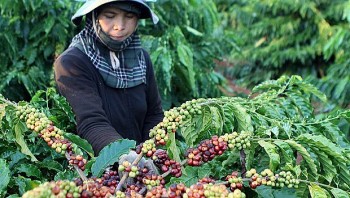 | Agricultural, Forestry And Fishery Exports In Vietnam Reached Nearly 40 Billion USD On August 4, Deputy Minister of Agriculture and Environment Phung Duc Tien said that despite challenges from fluctuating product prices, agricultural, forestry, and fishery exports ... |
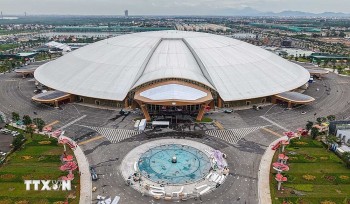 | Vietnam Launches 250 Projects Worth VND 1.28 Quadrillion on August 19 A total of 250 projects and works with an investment capital of VND 1.28 quadrillion will simultaneously break ground or be inaugurated at 80 locations ... |

